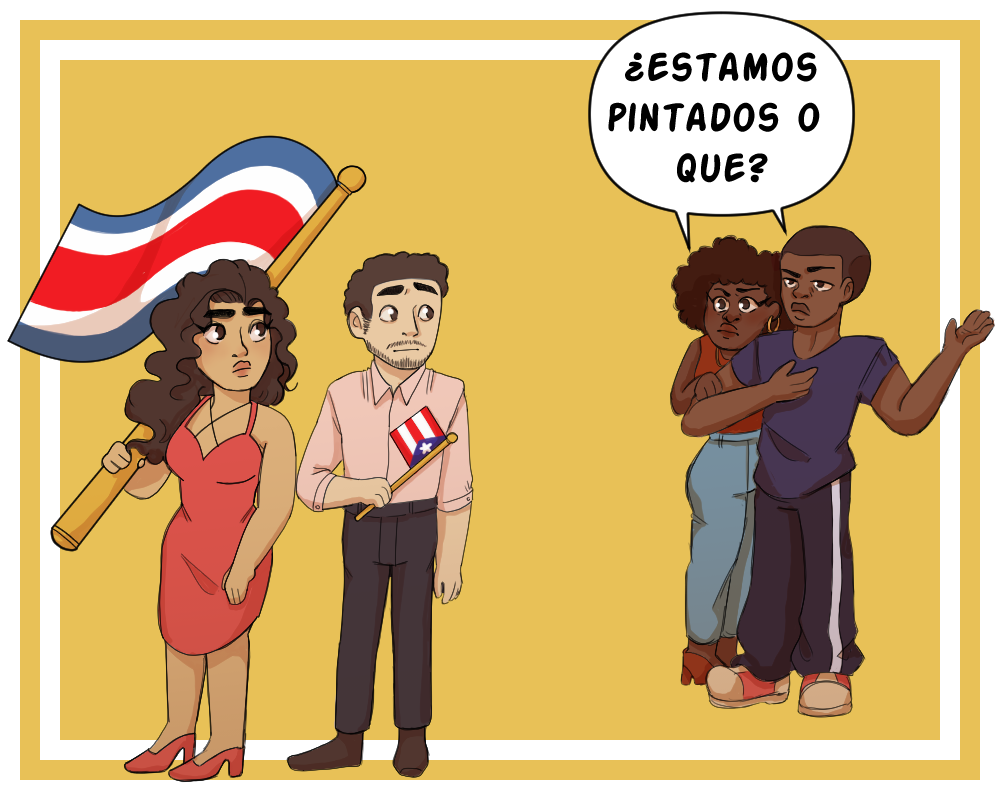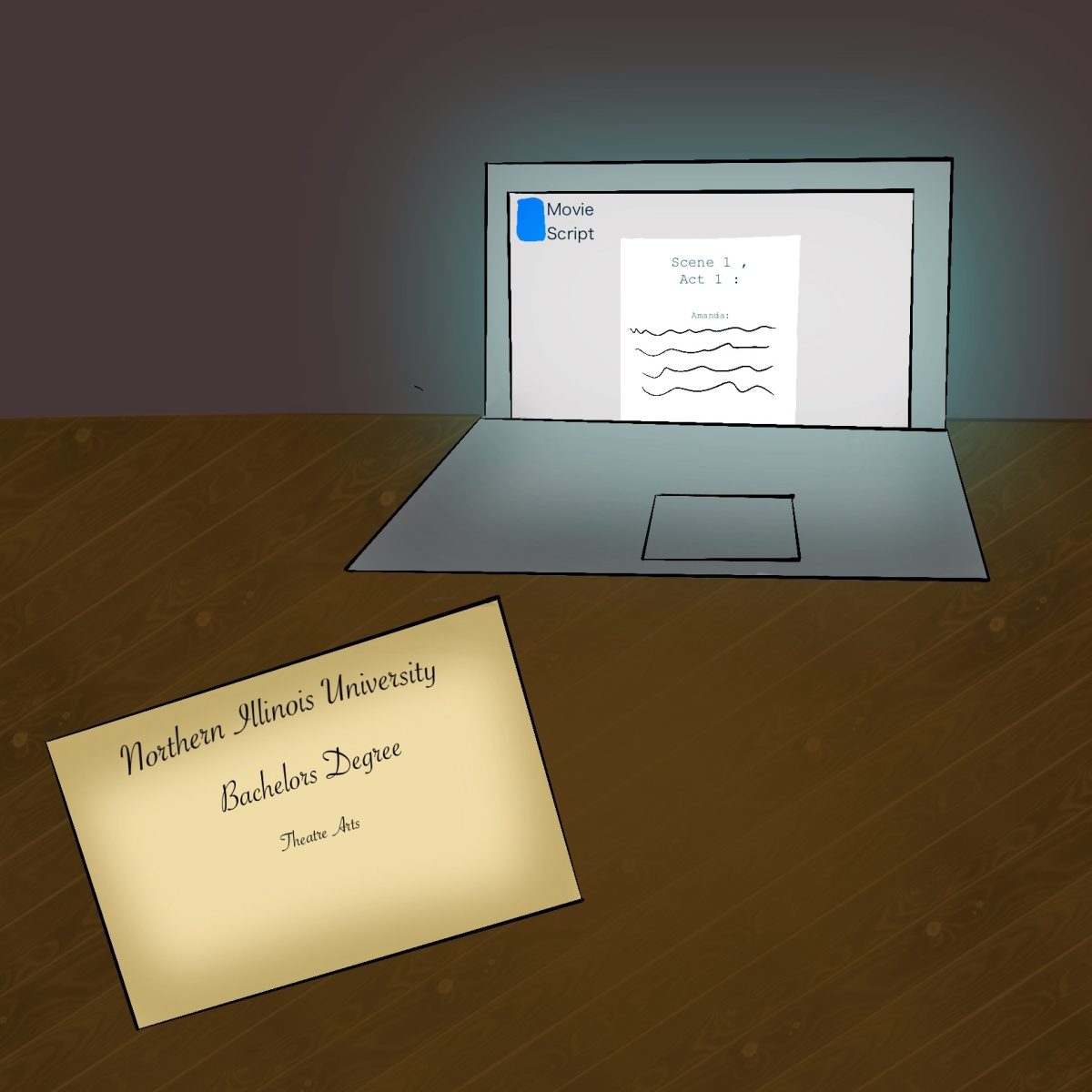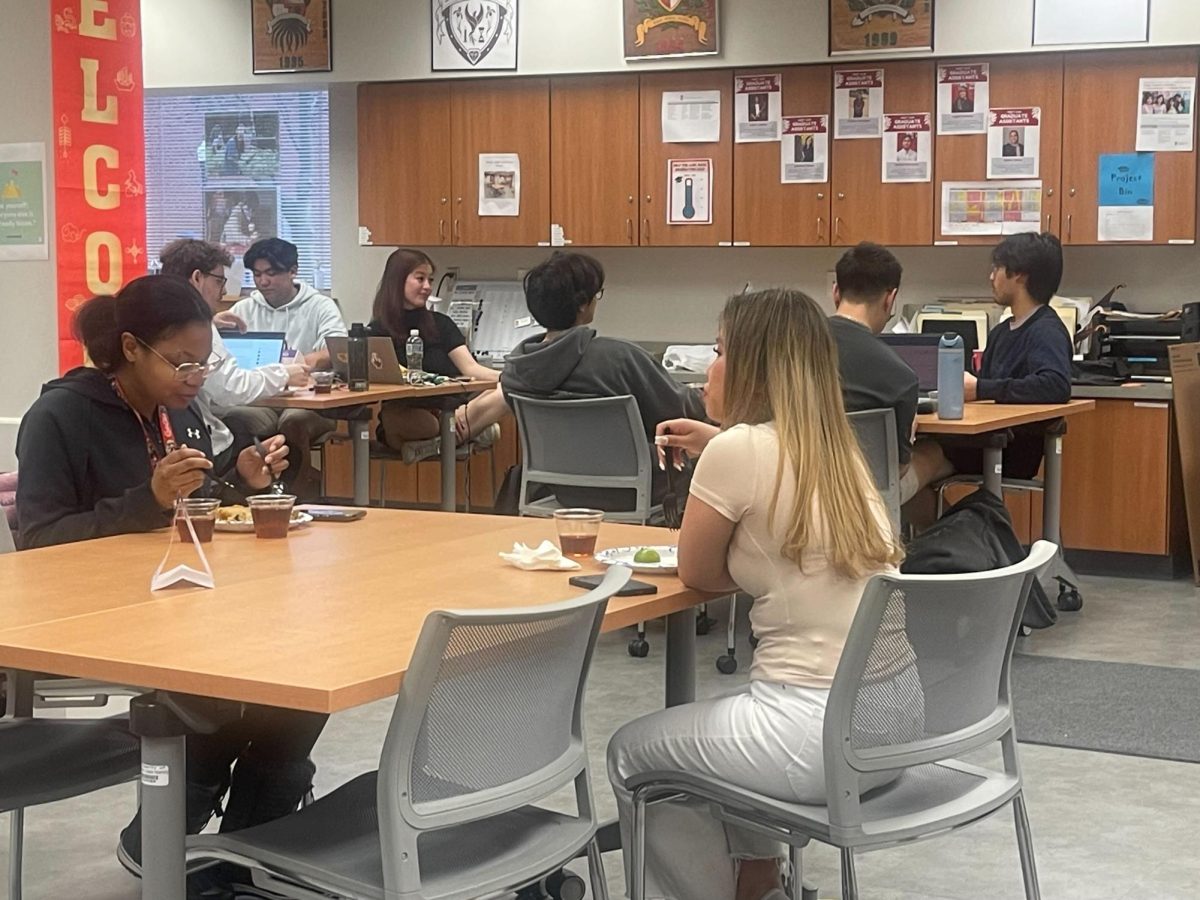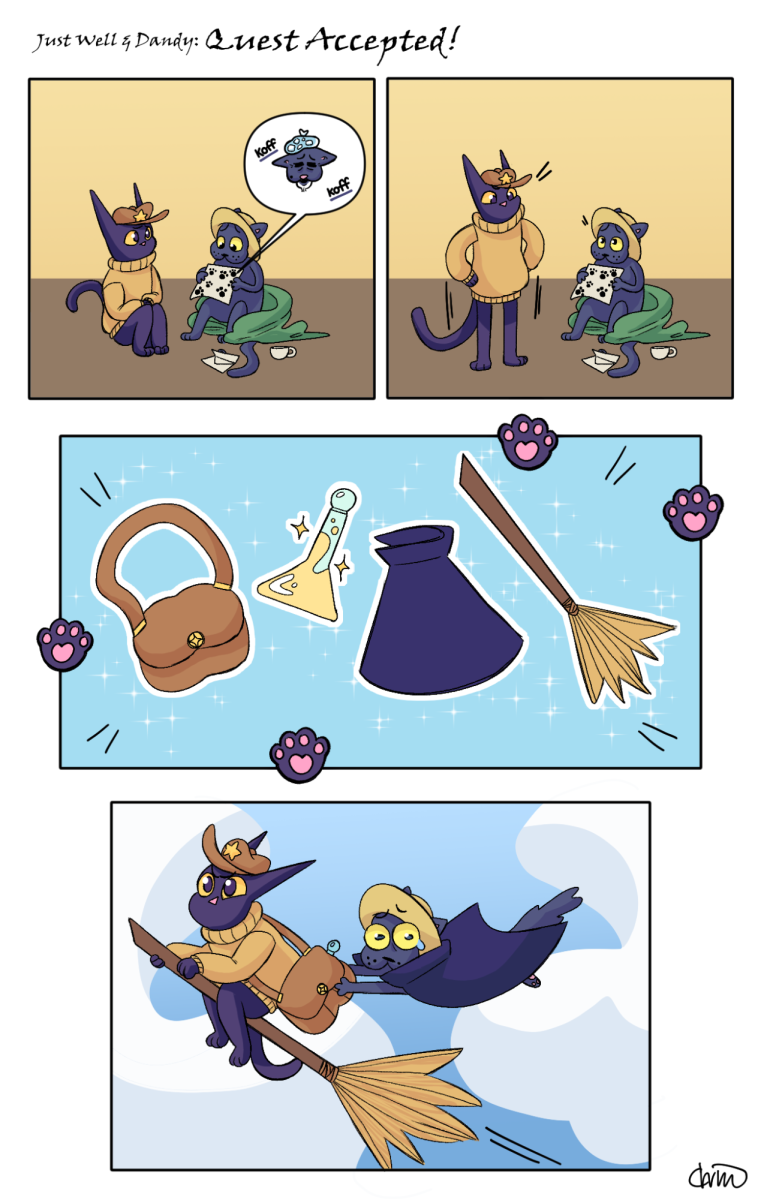NIU is close to getting its Hispanic Serving Institution (HSI) certification, given the large number of Latino students on campus. However, to truly be considered HSI, some aspects of the NIU Latino Resource Center need to be reviewed, especially regarding non-U.S. citizen students.
Luis Santos-Rivas, director of the NIU Latino Resource Center, explains HSI accreditation only gives NIU the ability to compete with other HSI universities for federal resources.
“So, right now we are 25% of Latino population on campus, that means that we are emerging inside next year,” Santos-Rivas said. “If we keep the 25 or more then we are gonna get the nomination HSI Hispanic Serving Institution that will give us an opportunity to apply for federal grants and other funding to the institution right now.”
Despite the percentage of Latino students, NIU must make sure it serves all Latino students, not just those with Mexican heritage or those who are non-immigrants.
Not all Latino students have the same conditions or backgrounds.
Some Latino students were born in the U.S. and have not had to adapt to a different culture. Others, for one circumstance or another — often economic or political — had to adapt to a world radically different from the one they were used to.
There is much more to Latin and South America beyond Mexico and being the land south of the U.S.
Additionally, a stereotype that South America is the “land of narcos” still exists, but it is unfair and inaccurate to reduce the continent to drug cartels. There is immense cultural and social variety throughout South America.
In the LRC, however, most of the events relate to a specific population of Latinos: those who were born in the U.S and have Mexican heritage.
Diego Del Carmen, a mechanical engineering major and student from the Dominican Republic, explained adapting to American society, even knowing English, is very difficult. It changes life in all aspects.
“It was an interesting change (to move to the U.S.),” Del Carmen said. “I had to adapt myself to new language, and to learn words that are used, like, in the popular culture, but because of their informality, you don’t learn in the schools.”
Even though Del Carmen knew English, it was difficult for him to understand certain things due to Midwestern jargon not taught in Latin American schools.
Not all Latin American schools teach American English. Some teach British English, which changes some words and pronunciations, making it even harder for people to get used to the language.
Del Carmen had trouble adapting to university life in addition to language difficulties. Not only is there a cultural distance between the U.S. and Latin American countries, but also a change regarding technology, economy and society. The Latin American way of studying is different, which is reflected among Latino students.
Students who come from another country have to learn customs and procedures related to academic life – which is, usually, much more difficult than learning their major.
Del Carmen mentioned the only help the university offered was METAS –a mentoring program offered through the LRC which he was satisfied with. Regardless, only one place of assistance is not enough for Latin American students.
Additionally, self-determination from the student defines who is Latino and who is not at NIU: a question in the admission survey question corresponding to race, as Rivas explained.
To receive benefits related to a specific ethnicity, a more rigorous system is necessary.
Self-determination of identity cannot alter reality for the benefit of a few. Being Latino in its most literal definition is being from a country in America – the continent – whose language derives from Latin: Portuguese, Spanish or French, according to the Merriam-Webster definition.
Socially, being Latino is based on shared culture and history. You cannot self-determine your cultural life or your origins.
The LRC, similarly, should offer resources to Latino students through a more rigorous system. The LRC should offer a special program for those who came from outside the U.S. to help them arrive and settle into their new life.
Rivas emphasized that to the LRC and the university, all Latinos are equal. But, not all Latinos have the same background and same difficulties. The LRC’s quest should be more for equity than equality.
For those who are from other countries besides Mexico, the LRC should be a home far from home, especially for students who can’t travel back to their home country.
“It’s open for everybody with the only request being just filling out the format online,” Rivas said.
The fact that anyone can access events at the LRC doesn’t automatically satisfy all the needs of different sectors in the Latin community, especially those who are immigrants or have non-Mexican heritage, because many times people don’t have time or resources to make an event for themselves.
NIU should care not only for Latino students generally, but should focus on population subgroups if it truly wants to be “Hispanic-serving.”




















